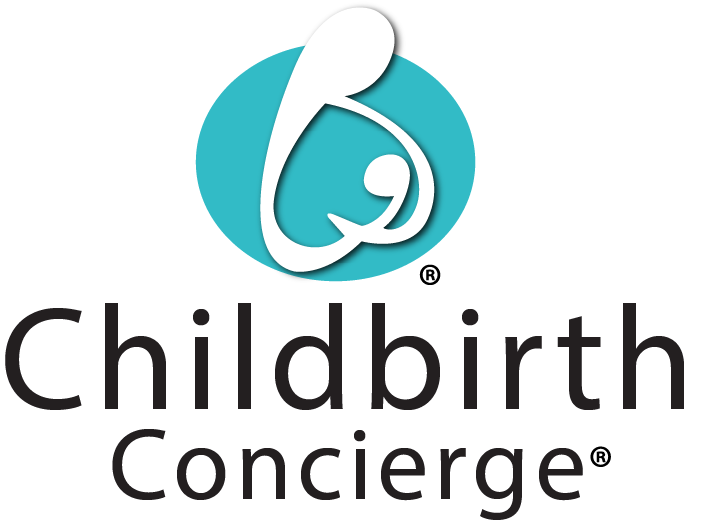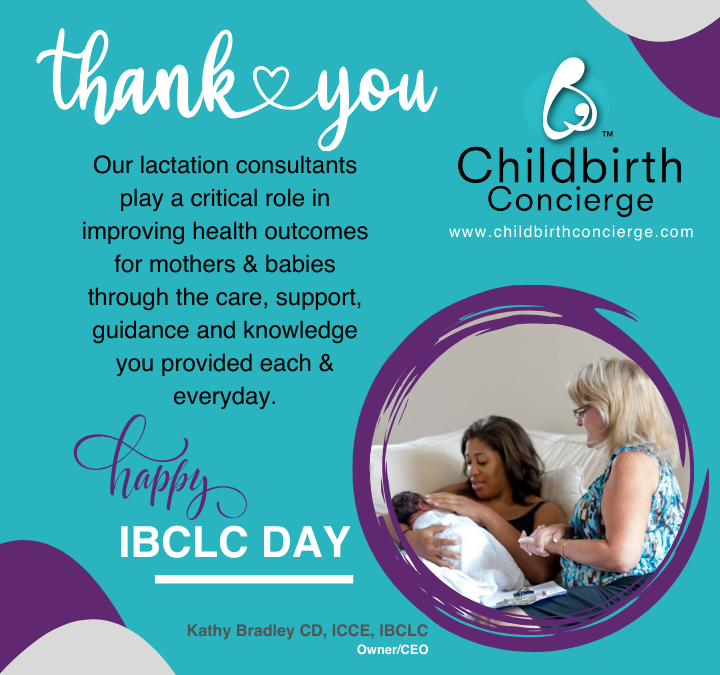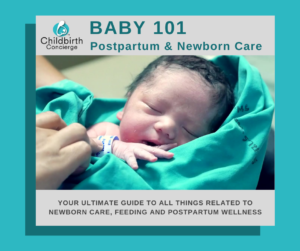Partner Support in Pregnancy
Pregnancy is a transformative journey and partner support during this time is crucial for both the expectant mother and the relationship. Partner support encompasses emotional practical financial and social aspects ensuring the wellbeing of the mother and the smooth transition to parenthood.
Emotional Support During Pregnancy
Pregnancy brings a whirlwind of emotions from joy and excitement to anxiety and mood swings. Understanding these emotional changes is the first step in providing support Offer reassurance and comfort reminding your partner that you’re in this together. Being present and attentive whether its listening to their concerns or sharing in their excitement helps build a strong emotional bond.
Practical Support During Pregnancy
Practical support means assisting with daily tasks which can become more challenging as pregnancy progresses .This includes household chores shopping and even meal preparation. Helping with appointments and planning for the baby such as setting up the nursery or attending prenatal visits shows your commitment and involvement.
Health and Wellness Support
Encouraging healthy habits is essential for the wellbeing of both mother and baby. Attend prenatal classes together to learn about the stages of pregnancy and childbirth. Supporting medical decisions whether it’s about prenatal tests or choosing a birth plan ensures that your partner feels confident and supported.
Financial Support During Pregnancy
Pregnancy can bring financial challenges from medical bills to preparing for the baby. Budgeting together for pregnancy and future expenses is crucial. Discuss and manage maternity leave and work arrangements to ensure a smooth transition. Planning for future expenses such as childcare and education helps alleviate financial stress.
Social Support During Pregnancy
Building a supportive network of family and friends can provide additional comfort and assistance. Involving loved ones in the journey and joining pregnancy support groups can offer emotional and practical advice. Balancing social interactions while preparing for the baby is key to maintaining a well-rounded support system.
Challenges of Providing Support During Pregnancy
Balancing work and providing support can be challenging. Its important to manage stress and anxiety effectively both for yourself and your partner. Addressing conflicting advice from well-meaning friends and family requires open communication and mutual agreement on what works best for you both.
Effective Communication Strategies
Keeping open lines of communication is vital. Express your concerns and needs honestly and encourage your partner to do the same. Nonverbal cues such as a reassuring touch or a warm smile can also communicate your support effectively.
Building Intimacy and Connection
Maintaining physical intimacy during pregnancy can be challenging but is important for emotional closeness. Sharing experiences and feelings whether its the excitement of baby kicks or concerns about the future strengthens your connection. Planning relaxation and bonding time like a date night or a weekend getaway helps keep the romance alive.
Conflict Resolution During Pregnancy
Understanding hormonal influences can help in navigating disagreements more compassionately. Addressing issues calmly and seeking compromise is crucial. If conflicts escalate consider seeking professional help through counseling to ensure a harmonious relationship.
Supporting Each Other’s Mental Health
Pregnancy can bring about anxiety and depression. Recognize the signs and encourage your partner to seek professional support if needed. Practicing mindfulness and relaxation techniques together can help manage stress and improve mental wellbeing.
Preparing for Parenthood Together
Discussing parenting styles and goals is essential for a unified approach to parenting. Attend parenting classes together to learn about newborn care and parenting strategies. Creating a birth plan together ensures that both partners are on the same page about the delivery process.
Self-care for Both Partners
Maintaining individual interests and hobbies is important for personal wellbeing. Practice self-compassion and ensure that both partners get adequate rest and relaxation. Supporting each other in selfcare helps maintain a balanced relationship.
The Role of Technology in Partner Support
Technology can aid in tracking and planning pregnancy milestones. Use apps to monitor the baby’s development and plan appointments. Accessing online resources and communities can provide additional support and information .However managing screen time is crucial to ensure quality time together.
Conclusion
In summary partner support during pregnancy involves emotional practical financial and social dimensions. Providing robust support strengthens the relationship and ensures the wellbeing of both mother and baby. By balancing support with individual needs maintaining effective communication and preparing for parenthood together partners can navigate this transformative journey successfully.
FAQs
How can I better support my partner emotionally during pregnancy?
To better support your partner emotionally during pregnancy practice active listening show empathy and be present for their emotional ups and downs. Offer reassurance and comfort and remind them that you’re in this together.
What are some practical ways to assist my partner during pregnancy?
Practical ways to assist your partner include sharing household chores running errands attending prenatal appointments and preparing for the baby’s arrival. Being proactive in easing their daily burdens can show your care and commitment.
How do we manage financial stress during pregnancy?
Managing financial stress involves creating a joint budget discussing expenses openly and planning for future costs related to the baby. Managing work and maternity leave arrangements can also help alleviate financial concerns.
How can we maintain a healthy social life while preparing for a baby?
Maintaining a healthy social life involves encouraging each other to spend time with friends and family participating in social activities together and balancing social interactions with quality time as a couple.









